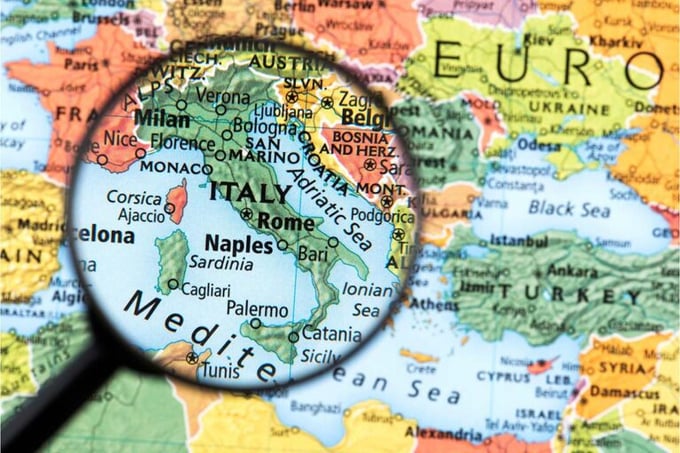November 27, 2025 | 18:54 GMT +7
November 27, 2025 | 18:54 GMT +7
Hotline: 0913.378.918
November 27, 2025 | 18:54 GMT +7
Hotline: 0913.378.918

In the first months of 2022, Italy confronted 23 epidemics of highly pathogenic avian influenza (H5). Photo: Canva.
In the first months of 2022, Italy confronted 23 epidemics of highly pathogenic avian influenza (H5), the European Commission explained. The species affected were chickens, laying hens, turkeys, ducks and Guinea fowl.
Italy took rapid action by implementing strict sanitary measures regarding animal health, including prevention zones around affected premises. This led to a loss of production of hatching eggs, table eggs and live animals in the farms located in those areas under movement restrictions, as well as losses due to destroyed and downgraded eggs and meat.
Reacting to an official request from the Italian government, the European Commission will provide €46,670,790 from the so-called Agricultural Reserve after a positive vote by member states. The amount should cover 50% of the expenses the Italian authorities made to support the most affected farmers.
Following EU rules on co-financing, the Italian government has to provide the other 50%. Payments to farmers are to be made before 30 September this year. The support can only go to farmers in regulated zones in the regions hit by the bird flu epidemics who have their expenses and losses not covered by insurance, the EU stipulates.
(PW)

(VAN) A new study reveals how the simultaneous effects of ocean acidification, salinity and loss of oxygen are making the world more fragile.

(VAN) Hopes are growing that the creation of the first 3D turkey gut model could be a turning point in the battle against the virulent blackhead disease.

(VAN) Tyson, America’s biggest meat supplier, plans to shutter one of its largest beef processing plants as the industry continues to struggle with low cattle supplies and political pressure from Washington.

(VAN) New FAO study shows how digital solutions are empowering farmers and fishers to prevent losses and build resilient agrifood systems.

(VAN) Brazil's COP30 presidency pushed through a compromise climate deal on Saturday that would boost finance for poor nations coping with global warming but that omitted any mention of the fossil fuels driving it.

(VAN) Poultry farmers in the UK have been warned that they could face one of the worst winters yet for bird flu.

(VAN) Prices of main-crop paddy have risen sharply, with jasmine rice hitting 16,100 baht per tonne — the highest level in years.